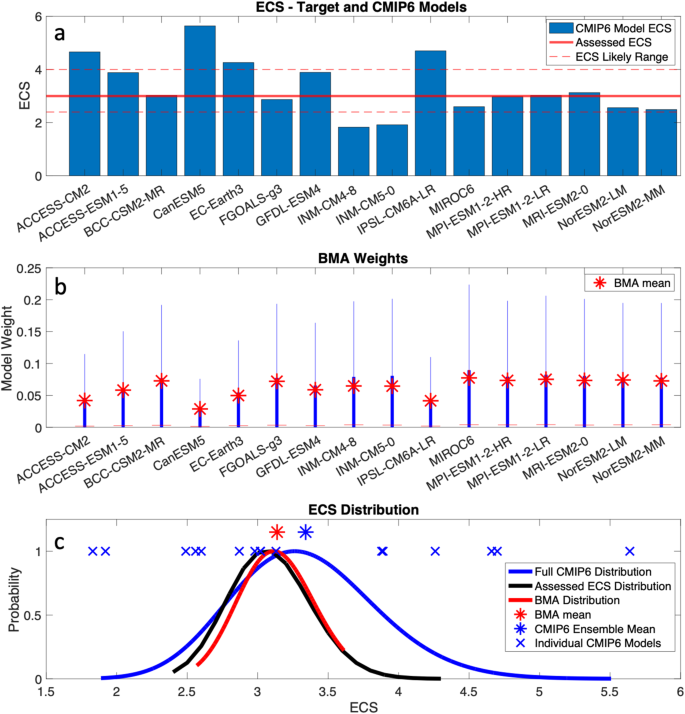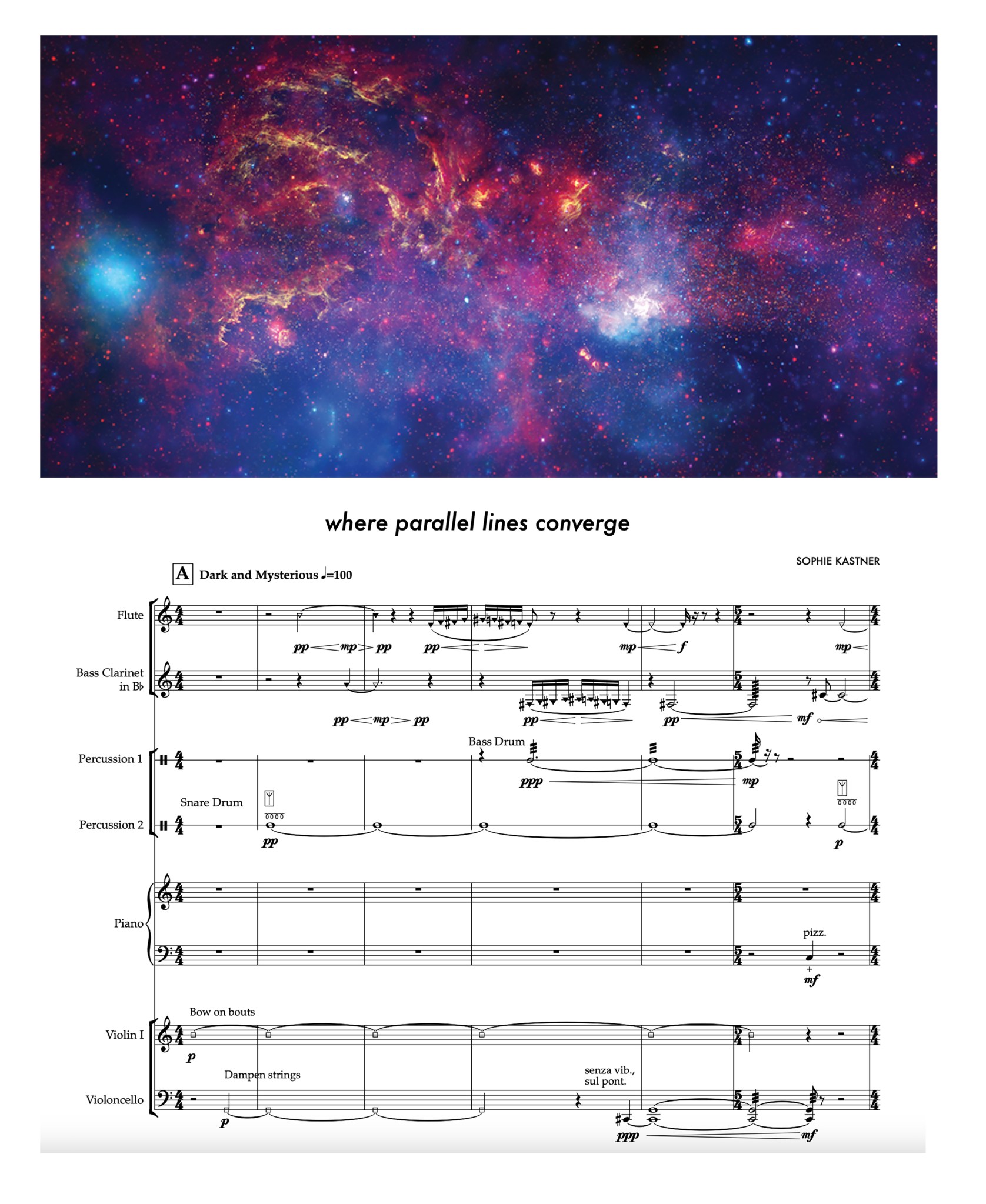2023-11-15 オークリッジ国立研究所(ORNL)
◆独自の枠組みは従来の手法で排除されていたモデルを含むより包括的なもので、ベイジアンモデル平均を使用してモデルの平衡気候感受性を制約し、将来の状態をより正確に予測します。この手法は気候モデルのコレクションを理解するための枠組みを提供し、研究結果は米国の気候変動に関する第5回国家気候評価に利用されました。同時に、地球システムグリッド連盟をサポートし、気候モデルと観測データへのアクセスを提供する国際的な協力プロジェクトにも寄与しています。
<関連情報>
- https://www.ornl.gov/news/scientists-combine-climate-models-more-accurate-projections
- https://www.nature.com/articles/s43247-023-01009-8
気候感度に基づく気候モデルのベイズ重み付け Bayesian weighting of climate models based on climate sensitivity
Elias C. Massoud,Hugo K. Lee,Adam Terando & Michael Wehner
Communications Earth & Environment Published:20 October 2023
DOI:https://doi.org/10.1038/s43247-023-01009-8

Abstract
Using climate model ensembles containing members that exhibit very high climate sensitivities to increasing CO2 concentrations can result in biased projections. Various methods have been proposed to ameliorate this ‘hot model’ problem, such as model emulators or model culling. Here, we utilize Bayesian Model Averaging as a framework to address this problem without resorting to outright rejection of models from the ensemble. Taking advantage of multiple lines of evidence used to construct the best estimate of the earth’s climate sensitivity, the Bayesian Model Averaging framework produces an unbiased posterior probability distribution of model weights. The updated multi-model ensemble projects end-of-century global mean surface temperature increases of 2 oC for a low emissions scenario (SSP1-2.6) and 5 oC for a high emissions scenario (SSP5-8.5). These estimates are lower than those produced using a simple multi-model mean for the CMIP6 ensemble. The results are also similar to results from a model culling approach, but retain some weight on low-probability models, allowing for consideration of the possibility that the true value could lie at the extremes of the assessed distribution. Our results showcase Bayesian Model Averaging as a path forward to project future climate change that is commensurate with the available scientific evidence.



